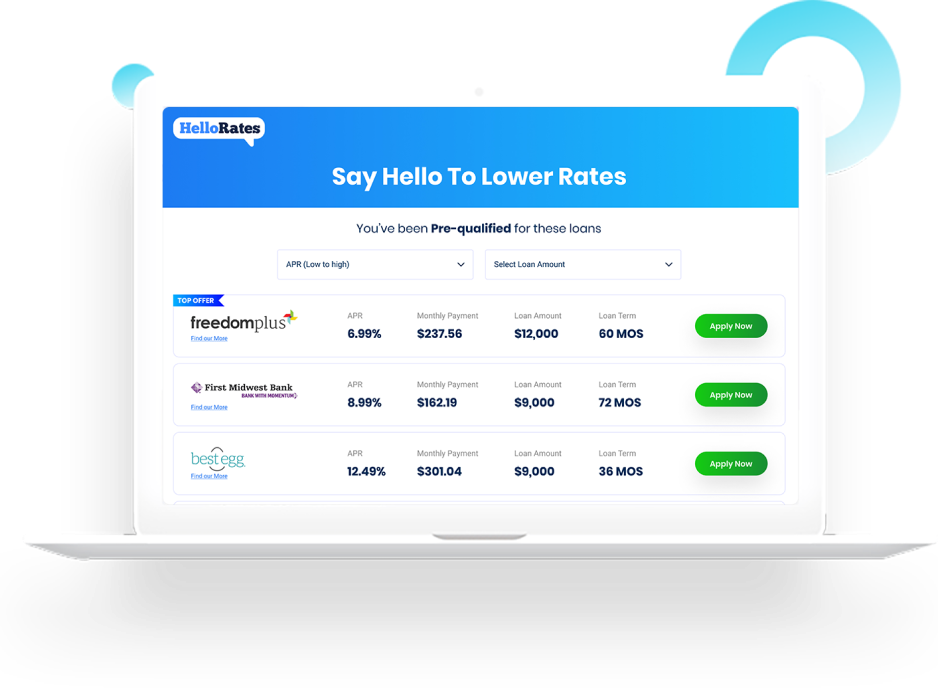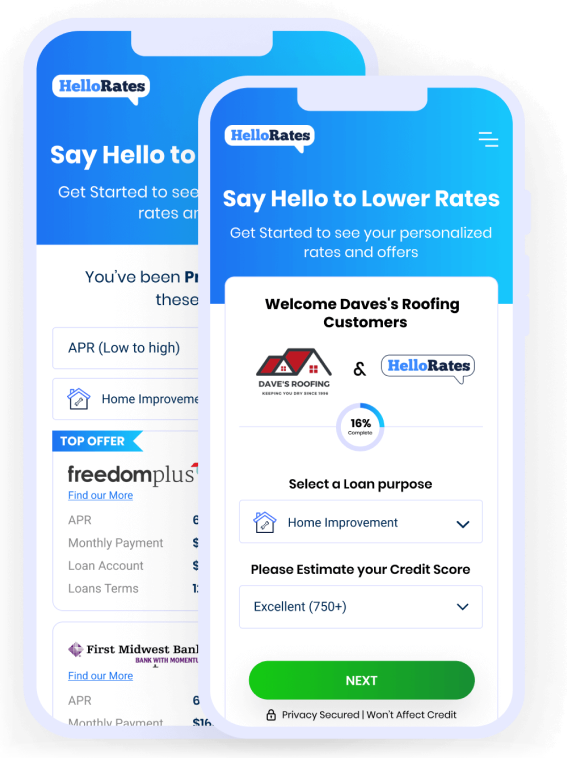Capital improvements financing refers to the process of securing funds to invest in long-term assets that enhance the value or efficiency of a property or business. These improvements can range from renovating a building to upgrading equipment or infrastructure. While capital improvements require a significant financial commitment, they offer numerous advantages that make them a worthwhile investment. In this article, we will explore the benefits of capital improvements financing and how it can positively impact businesses and properties.
One of the key advantages of capital improvements financing is the potential to increase the value of a property or business. By investing in upgrades and renovations, property owners can enhance the overall appeal and functionality of their assets. For instance, upgrading outdated equipment in a manufacturing facility can improve productivity and efficiency, leading to higher output and reduced operational costs. Similarly, renovating a commercial building can attract more tenants and command higher rental rates, ultimately increasing the property’s value. Capital improvements financing enables businesses and property owners to make these necessary investments without depleting their cash reserves, allowing them to leverage their assets for long-term growth.
Another advantage of capital improvements financing is the ability to stay competitive in the market. In today’s rapidly evolving business landscape, staying ahead of the competition is crucial. By investing in capital improvements, businesses can adopt new technologies, implement innovative processes, and enhance their overall operations. For example, a retail store that invests in a modern point-of-sale system can streamline transactions, improve customer experience, and gain a competitive edge over competitors still relying on outdated systems. Capital improvements financing provides the necessary funds to make these strategic investments, ensuring businesses can keep up with market demands and maintain their competitive position.
Furthermore, capital improvements financing offers tax benefits to businesses and property owners. In many jurisdictions, capital improvements are considered long-term investments and are eligible for tax deductions or depreciation benefits. These tax incentives can significantly reduce the overall cost of the improvements, making them more financially feasible. By taking advantage of these tax benefits, businesses can allocate their resources more efficiently and maximize their return on investment. It is important for businesses and property owners to consult with tax professionals or financial advisors to fully understand the tax implications and potential savings associated with capital improvements financing.
In addition to financial benefits, capital improvements financing can also have positive environmental impacts. Many capital improvements focus on enhancing energy efficiency and sustainability. For instance, upgrading to energy-efficient lighting systems, installing solar panels, or improving insulation can significantly reduce energy consumption and lower utility costs. These environmentally friendly improvements not only contribute to a greener future but also result in long-term savings for businesses and property owners. Moreover, as sustainability becomes increasingly important to consumers and investors, capital improvements that prioritize environmental responsibility can enhance a company’s reputation and attract environmentally conscious customers.
In conclusion, capital improvements financing offers numerous advantages for businesses and property owners. From increasing the value of assets to staying competitive in the market, capital improvements provide long-term benefits that outweigh the initial financial commitment. Additionally, the tax benefits associated with capital improvements financing can further enhance the financial feasibility of these investments. Moreover, by prioritizing energy efficiency and sustainability, businesses can contribute to a greener future while enjoying long-term cost savings. Overall, capital improvements financing is a strategic tool that enables businesses and property owners to invest in their assets, drive growth, and secure a prosperous future.




